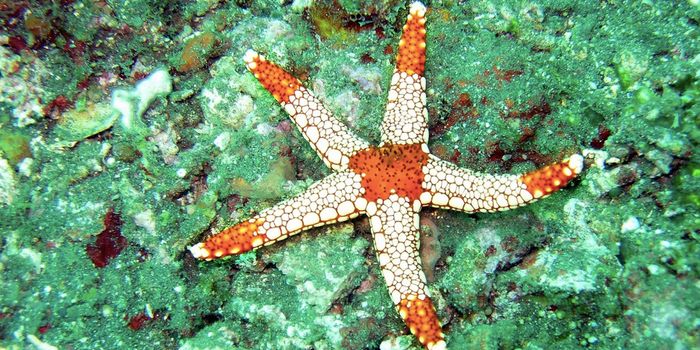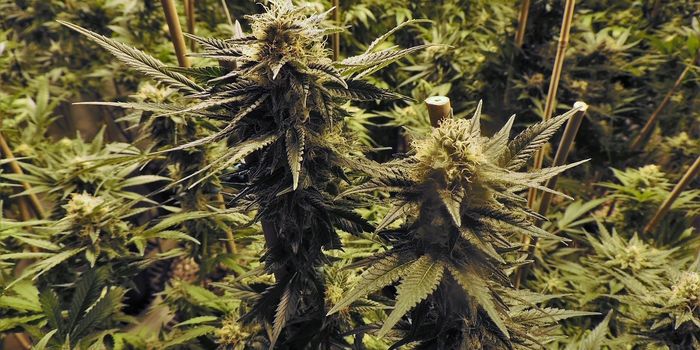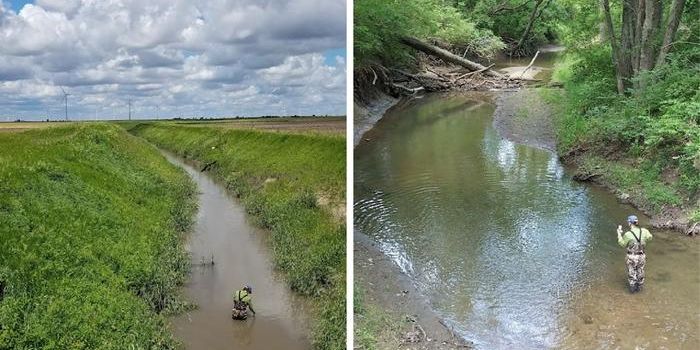Study Finds All Sorts of Garbage in Seagulls' Stomachs
Seagulls aren’t particularly picky eaters; they frequently loiter around dumps and landfills in search of tasty treats residing in our trash. Sadly, many seagulls consume more than just edible food, and it could be detrimental to their health.
Image Credit: Pixabay
Researchers wanted to learn more about seagulls’ potentially-hazardous feasting habits, so they studied the birds’ stomach contents in search of answers and published their findings in the journal Archives of Environmental Contamination and Toxicology.
The in-depth analysis involving the birds’ stomachs exposed traces of food packaging materials like plastic, rubber, and Styrofoam, but it didn’t end there. The researchers also found bits and pieces of glass and metal, among other things that shouldn’t exist in an animal’s stomach.
Image Credit: Sahar Seif
“You would find pieces of cutlery or aluminum foil or rubber bands and even a cheese wrapper that you could read,” explained study co-author Sahar Seif from Carleton University in Canada. “There’s a lot of emphasis on plastic.”
Related: This seagull turned orange... but why?
As it would seem, the seagulls’ perennial quest to forage through humankind’s garbage in search of food probably does more harm than good. On the brighter side of things, seagulls can regurgitate non-digestible materials, but this means they could be eating more trash than the study led on.
Not all animals have this ability, so other animals with similar foraging habits could be worse off than seagulls are. These materials, when ingested, have been linked to life-threatening health issues down the line, and that doesn’t paint a pretty picture for wildlife.
“If we’re able to see such large numbers in gulls, we can infer that there is definitely way more plastic out there that other animals are ingesting,” Seif continued.
Related: This beached whale had a stomach full of plastic bags
The study underscores the need for smarter trash disposal methods and more environmentally-friendly materials. While there isn’t much we can do to reverse existing environmental impacts, we can still do better in the future to promote a healthier world for everyone – people and animals alike.
Source: Popular Science










